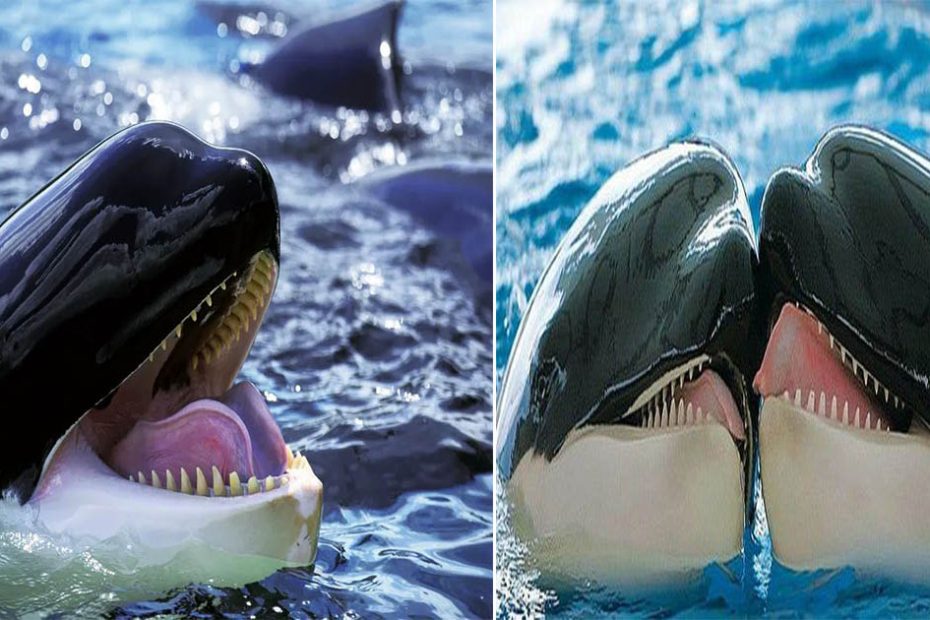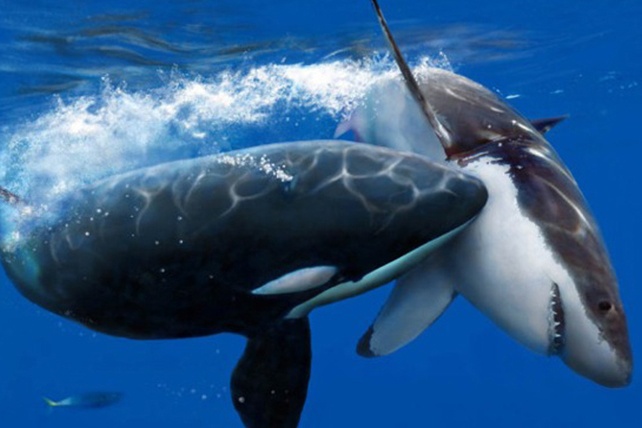
In the vast expanses of the ocean, beneath the shimmering waves and amidst the endless blue, a remarkable tale of maternal guidance unfolds. The killer whale, or orca, takes center stage in this marine drama, demonstrating not only its prowess as a formidable predator but also its role as a mentor in the art of hunting for the next generation.
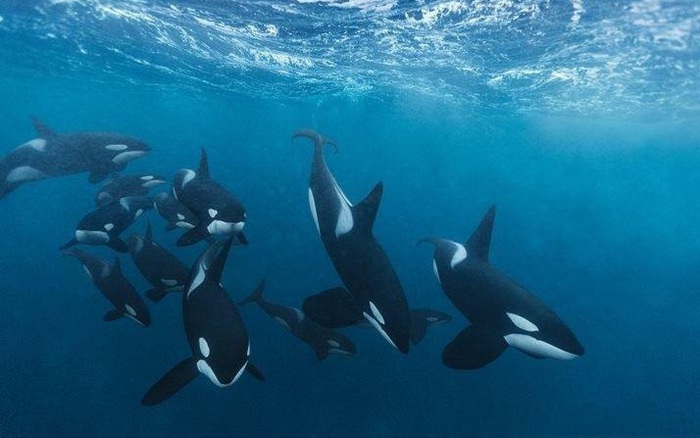
The killer whale, often referred to as the “wolf of the sea,” is renowned for its intelligence, complex social structure, and, most notably, its extraordinary hunting techniques. Within the close-knit family pods, knowledge is passed down through generations, creating a matrilineal legacy of wisdom that shapes the hunting prowess of each new cohort.
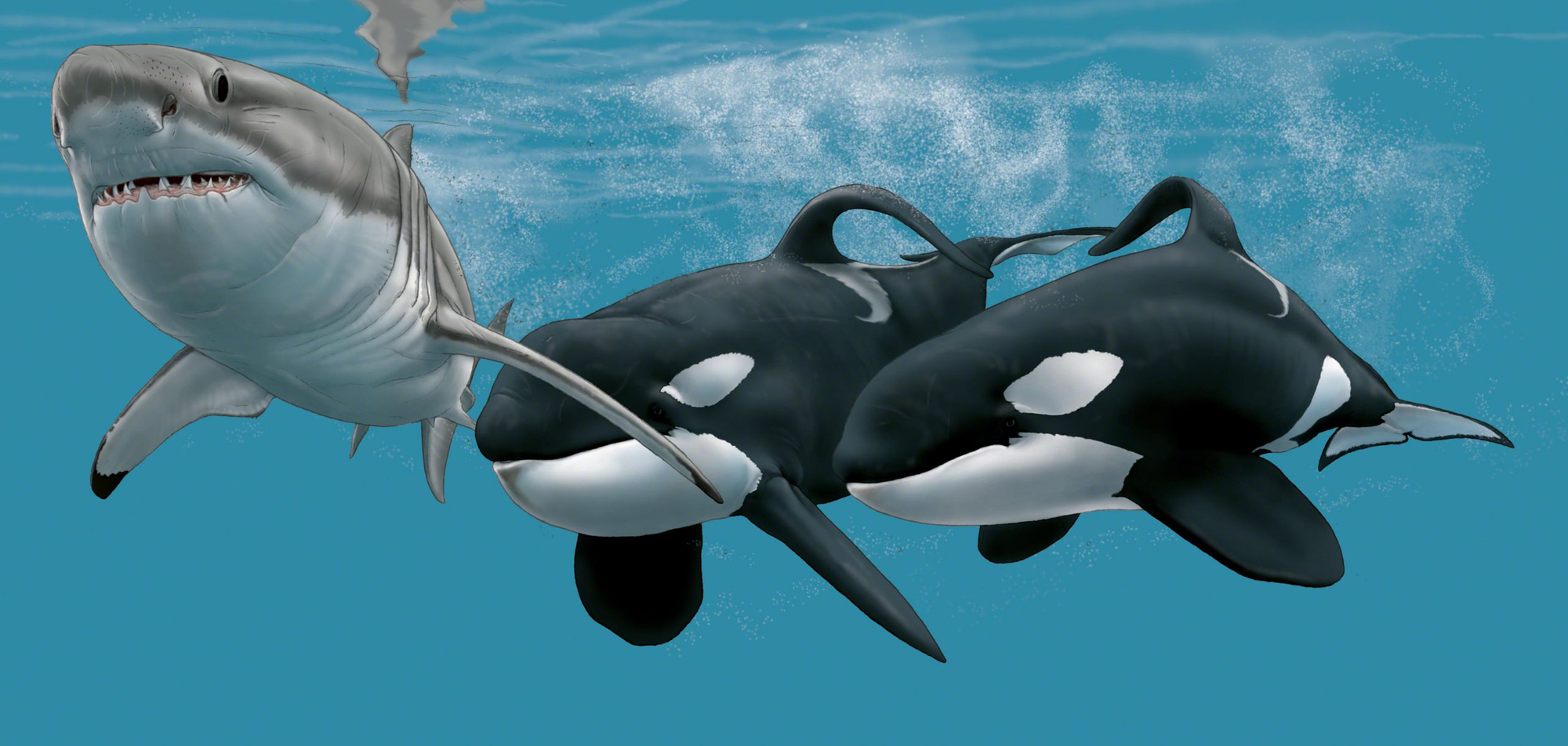
Family is at the heart of the killer whale’s world, and the matriarch holds a central role in orchestrating hunting strategies. As the lead hunter, she imparts her knowledge to the younger members of the pod, orchestrating cooperative efforts that showcase the strength in unity. The synchronized movements and strategic maneuvers employed during hunts are not just displays of physical prowess but reflections of a shared familial understanding.
The killer whale’s hunting curriculum is a multifaceted lesson plan that encompasses various skills. From the intricate communication patterns that coordinate group movements to the astute observation of prey behaviors, the lessons are both practical and strategic. Each hunt becomes a carefully choreographed ballet, where every member of the pod plays a role, contributing to the success of the collective endeavor.
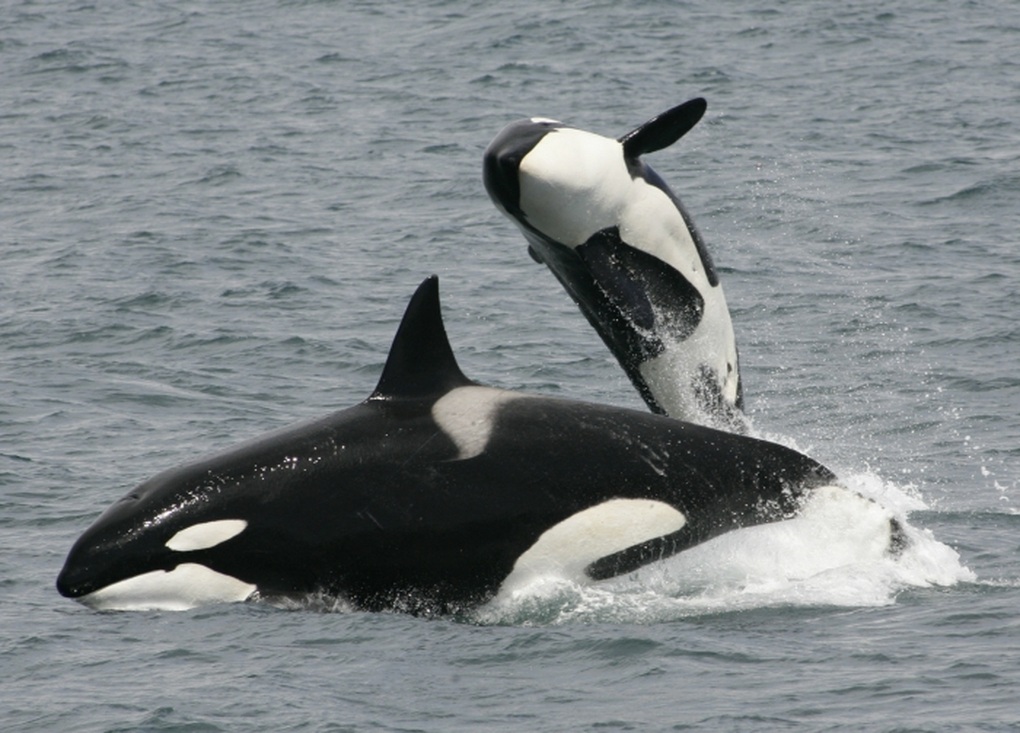
The learning process for killer whale calves is not confined to formal instruction but is embedded in the fabric of their daily lives. Playful interactions within the pod serve as initial lessons, allowing the young ones to mimic the movements and techniques of their elders. As they grow, these playful antics evolve into purposeful actions, refining their skills in preparation for actual hunts.
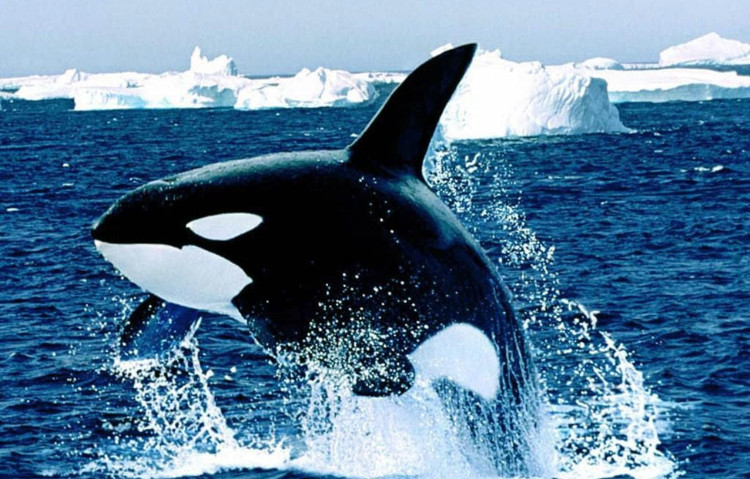
Beyond the practical aspects of hunting, killer whales also pass down cultural knowledge. Specific hunting techniques, vocalizations, and even prey preferences can vary among different killer whale pods, creating unique cultural identities. This cultural transmission ensures the continuity of traditions that have been honed over generations, enriching the pod’s collective wisdom.
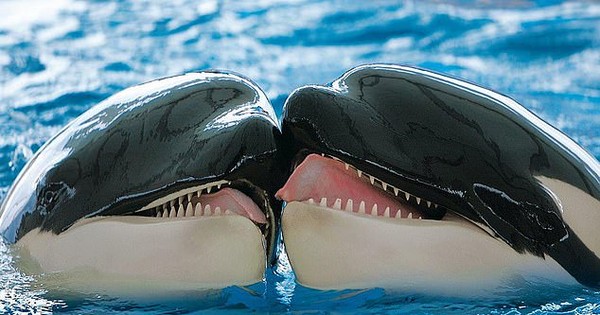
The profound family ties and cultural practices of killer whales highlight the importance of conservation efforts. Threats such as habitat degradation, pollution, and climate change not only jeopardize the current generation but also undermine the accumulated knowledge that has been passed down through the years. Conservation initiatives must consider not only the survival of individual killer whales but also the preservation of their rich cultural and familial legacies.
In conclusion, the killer whale’s role as a mentor in the art of hunting unveils a captivating narrative of family, intelligence, and tradition. As these marine maestros navigate the vast oceans, their teachings resonate not only in the splash of a successful hunt but also in the nuanced exchanges and shared bonds that define their familial world.
